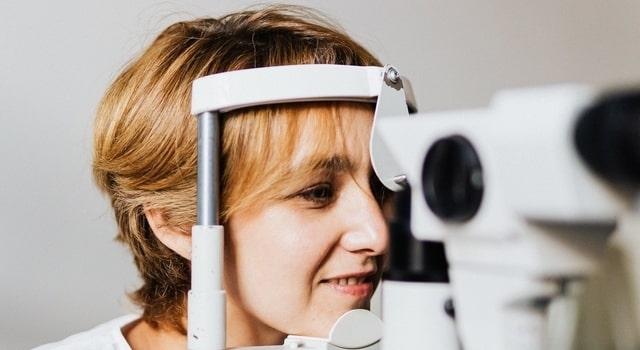What Do We Mean by “Age-Related Vision Changes” and What Do They Mean for You?

As we age, our bodies undergo various changes, and our eyes are no exception. Understanding these age-related vision changes can help you recognize when it’s time to seek professional care. At Wildwood Eyecare, we are dedicated to helping you maintain your eye health all through your golden years.
Common Age-Related Vision Changes
As you get older, you might notice some of the following changes in your vision:
- Presbyopia: This is a natural part of aging where the lens of your eye becomes less flexible, making it harder to focus on close objects. You might find yourself needing reading glasses or holding items farther away to see them clearly.
- Cataracts: Cataracts are a common condition that occurs when the lens of your eye becomes cloudy, leading to blurred vision and increased sensitivity to glare. Cataracts are very common in older adults and can be treated effectively with surgery.
- Dry Eyes: As you age, your eyes may produce fewer tears, leading to dry, irritated eyes. This can cause discomfort and make tasks like reading or using a computer more difficult.
- Decreased Night Vision: Many older adults find it harder to see in low light, which can make driving at night more challenging.
We dedicate ourselves to providing patient-centered eye care to the community of Marietta and a huge part of that involves educating our patients on ocular health. That’s why we’ve gathered a host of resources regarding ocular diseases to share with our community.
When Is It Time to Seek Professional Help?
While some changes are a normal part of aging, others may be an indication of more serious issues. Be on the lookout for these warning signs:
- Sudden Vision Loss: This could be a sign of a retinal detachment or other serious condition and requires immediate medical attention.
- Seeing Floaters and Flashes: A sudden increase in floaters or flashes of light could indicate a retinal problem that needs prompt evaluation.
- Distorted or Wavy Vision: This could be a sign of age-related macular degeneration (ARMD), a condition that affects your central vision and should be monitored closely.
If you notice any of these signs in yourself or a loved one, it may be time to schedule an eye exam so our team can investigate the causes behind these symptoms. We share a little more information regarding our eye exams and the processes involved here.
How Wildwood Eyecare Can Help
Regular eye exams are essential as you age to detect and manage any vision changes. At Wildwood Eyecare, we provide comprehensive eye care tailored to your needs. Being on the lookout for the signs and symptoms of age-related eye conditions and diseases is the first step in managing your eye health – the next step would be requesting an appointment here.
